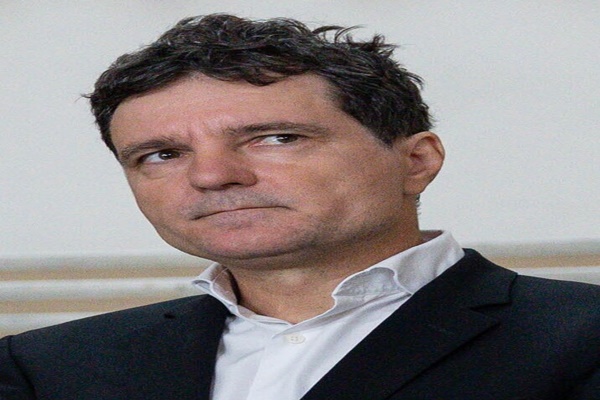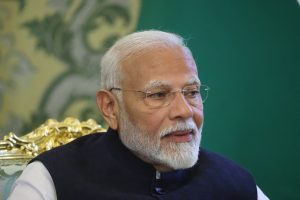In European politics, pro-European Union candidates and parties have made notable gains in Romania, Poland and Portugal in the elections held over the weekend.
In Romania, pro-EU candidate Nicușor Dan won a decisive victory in yesterday’s presidential runoff, defeating hard-right nationalist George Simion in a race widely viewed as a geopolitical referendum. With 99 per cent of the vote counted, Dan secured nearly 54 per cent to Simion’s over 46 per cent, marking a dramatic turnaround after Simion had led the first round earlier this month. Dan, the incumbent mayor of Bucharest, gained nearly 900,000 more votes in the second round. His victory was seen as a rejection of Simion’s nationalist rhetoric and scepticism toward the EU.
In Poland, liberal Warsaw Mayor Rafał Trzaskowski and conservative historian Karol Nawrocki emerged as the top contender in the presidential election, setting up a high-stakes runoff on June 1. An Ipsos exit poll showed Trzaskowski with over 31 per cent of the vote, narrowly ahead of Nawrocki’s over 29 per cent, suggesting a closely contested second round.
Trzaskowski, aligned with Prime Minister Donald Tusk, is known for his pro-European stance and progressive social policies. While Nawrocki, a political newcomer backed by the conservative Law and Justice party, has campaigned on national sovereignty and traditional values, echoing anti-EU and anti-Ukrainian sentiments.
In Portugal, the centre-right Democratic Alliance, led by incumbent Prime Minister Luís Montenegro,o won yesterday’s general election but fell short of a parliamentary majority. With over 99 per cent of votes counted, the alliance secured at least 89 seats in the 230-seat National Assembly. They are still short of the 116 needed to govern outright. This marks Portugal’s third general election in three years and comes amid ongoing political instability. Montenegro’s government had been ousted in a no-confidence vote earlier this year after serving less than 12 months.







